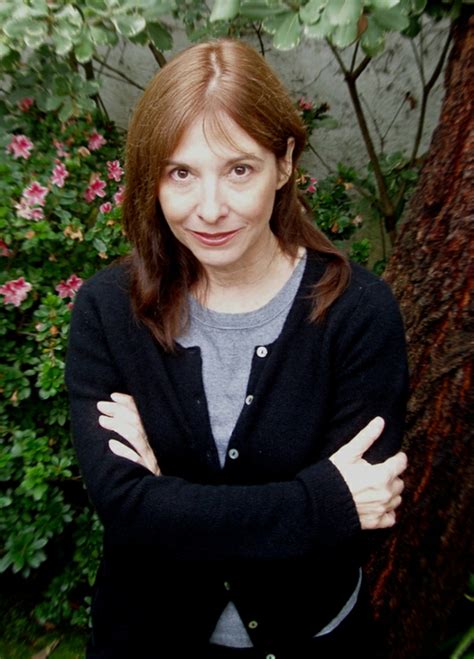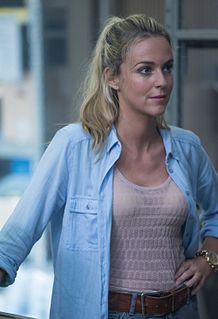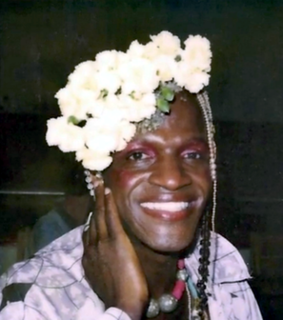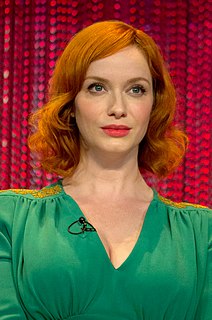A Quote by Beth Henley
It's called Sisters of the Winter Madrigal. It was interesting for me to see it done after so many years; because I wrote it and I didn't realize what a rage I was in.
Related Quotes
I'd seen her name on a call sheet for so many years and been called Jo so many times. If people said Jo in the street, I used to turn round because I was so used to being called Jo for five years on Spooks. You do get so used to being called something. Often, it was someone calling their young son... but sometimes it was people calling after me because they recognised me from the show. So, it was a big deal when it happened and it was quite an emotional end.
After I wrote my memoir, 'A Long Way Gone,' I was a bit exhausted. I didn't want to write another memoir; I felt that it might not be sane for one to speak about himself for many, many, many years in a row. At the same time, I felt the story of 'Radiance of Tomorrow' pulling at me because of the first book.
I wrote Her First American and I always say it took me eighteen years. It took me that long was because after about five years I stopped and wrote Lucinella. I got stuck; it was too hard to write. Lucinella felt like a lark. I wanted to write about the literary circle because it amused me, and I allowed myself to do what I wanted to do. It's just one of the things I'm allowed to do if I feel like it.
Women who just don't like each other because the other one is a woman and "women don't like each other" myth - that's not interesting to me at all. How do you compete in the market place, how you stay relevant after many years of being in the public eye - all of that. To me, that's interesting and that's real.
I was a Teletype operator in the army, so that's where I learned to type. One day, I went downstairs to see if I could still type - I hadn't done it for four or five years after the war. So I typed out a page and I showed it to my wife and she said, "Where did you get this?" I said I wrote it. "You wrote this?" It was something very funny. I went and wrote another page, another couple of pages, and by the time I was finished I had 13 little short stories, humorous short stories.
I'll always miss Mad Men, of course, but it is interesting to finally answer different questions after nine years. Not that that's a criticism to anyone, but just simply as a character for nine years, you're going to get a lot of the same questions for many, many, many years. This is sort of refreshing.
Many years ago, I was actually hired to write the sequel to 'Independence Day.' And I wrote a sequel. And they paid me a boatload of money to go write this thing. And after I wrote it, I read it and I gave them back the money and I said, 'Look, this is an okay movie I just wrote. But it's not worthy of the sequel to 'Independence Day.'
I tend to like strong female characters. It just interests me dramatically. A strong male character isn't interesting because it has been done and it's so cliched. A weak male character is interesting: somebody else hasn't done it a hundred times. A strong female character is still interesting to me because it hasn't been done all that much, finding the balance of femininity and strength. [From a 1986 Fangoria interview]






































